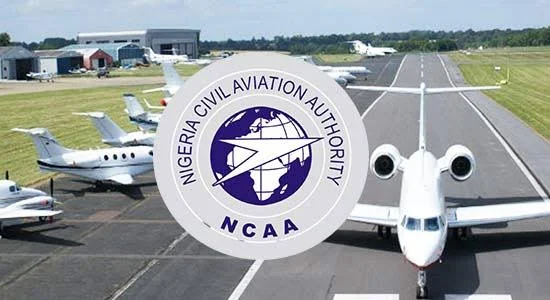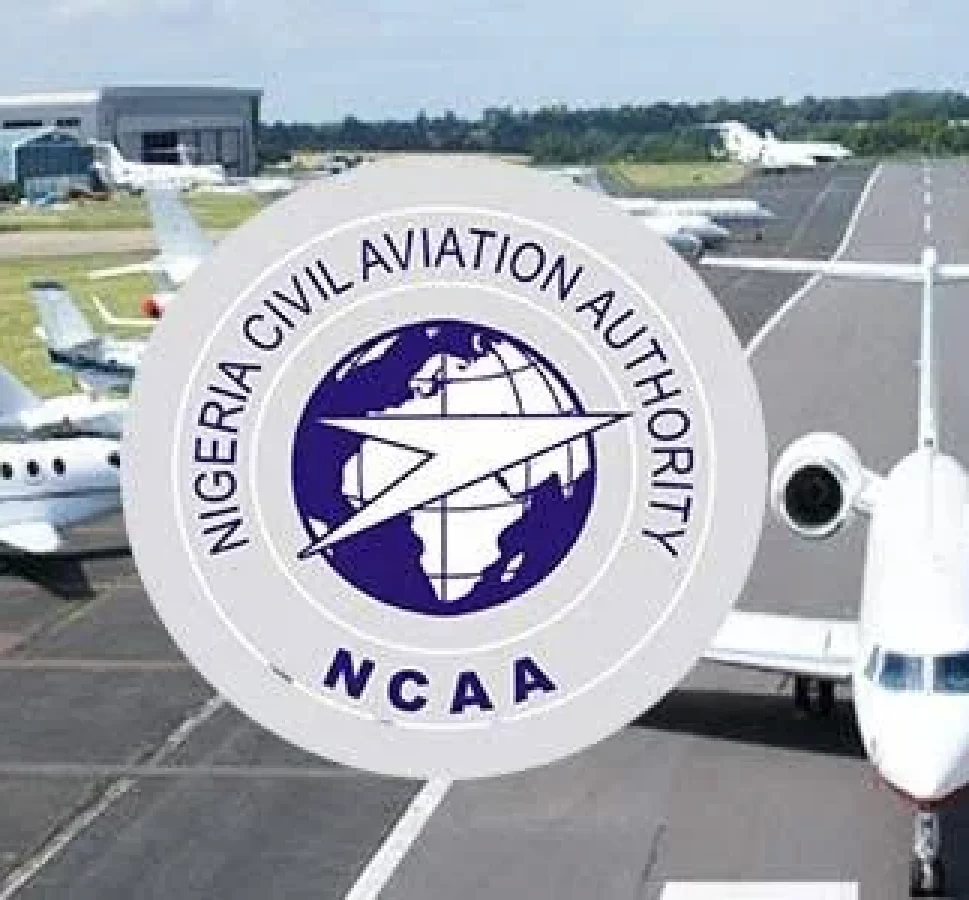
In a statement released on Tuesday in Abuja, Captain Chris Najomo, Acting Director General of Civil Aviation, clarified that Nigeria’s airlines can only operate flights to the US upon successfully passing the International Aviation Safety Assessment (IASA) Programme and achieving Category 1 status, a prerequisite also applicable to other countries, NAN reports.
The Nigeria Civil Aviation Authority (NCAA) has shed light on the reasons behind Nigeria’s reclassification to Category 2 status, which has led to the suspension of Nigerian airlines’ operations to the United States.
In a statement released on Tuesday in Abuja, Captain Chris Najomo, Acting Director General of Civil Aviation, clarified that Nigeria’s airlines can only operate flights to the US upon successfully passing the International Aviation Safety Assessment (IASA) Programme and achieving Category 1 status, a prerequisite also applicable to other countries, NAN reports.
Najomo said, “The attention of the NCAA has again been drawn to a publication about the purported ban on Nigerian airlines by the United States. Due to the wrong impression such news could create, it has become expedient that we put this report in its proper perspective.
“Upon attaining Category 1, Nigerian airlines would be permitted to operate Nigerian registered aircraft and dry-leased foreign registered aircraft into the United States, in line with the existing Bilateral Air Services Agreement (BASA).”
Najomo provided historical context by revealing that Nigeria initially achieved the coveted Category 1 status in August 2010.
Subsequently, the US Federal Aviation Administration (FAA) conducted a follow-up safety evaluation in 2014 to assess Nigeria’s continued adherence to international aviation safety standards.
Furthermore, Najomo noted that an additional safety assessment was undertaken in 2017, resulting in Nigeria’s successful retention of its Category 1 status.
However, he clarified that the US FAA introduced a significant policy change in September 2022, whereby countries previously classified as Category 1 would be de-listed if, after a two-year period, they lacked an indigenous airline operating direct services to the US or partnering with a US-based carrier.
He said, “Also removed from the Category 1 list were countries where the FAA was not providing technical assistance, based on identified areas of non-compliance to international standards for safety oversight.
“No Nigerian operator has provided service into the United States using a Nigerian registered aircraft within the two years preceding September 2022.
“So, it was expected that Nigeria would be de-listed as were other countries who fell within this category. Nigeria was, therefore, de-listed since 2022 and was duly informed of this action in 2022.”
According to Najomo, the de-listing of Nigeria from Category 1 status is entirely unrelated to any safety or security lapses within the nation’s oversight framework.
Najomo highlighted Nigeria’s successful completion of comprehensive International Civil Aviation Organization (ICAO) Safety and Security Audits, which yielded no Significant Safety Concern (SSC) or Significant Security Concern (SSeC) findings.
He underscored that Nigerian airlines can continue to operate in the US by wet-leasing aircraft from countries maintaining Category 1 status.
Furthermore, Najomo reiterated the NCAA’s steadfast dedication to adhering to international safety and security standards, while acknowledging and respecting the sovereignty of other nations, including the United States, as outlined in Article 1 of the Convention on International Civil Aviation.






